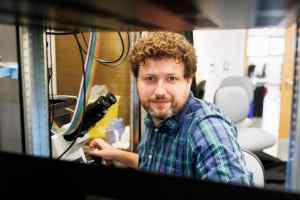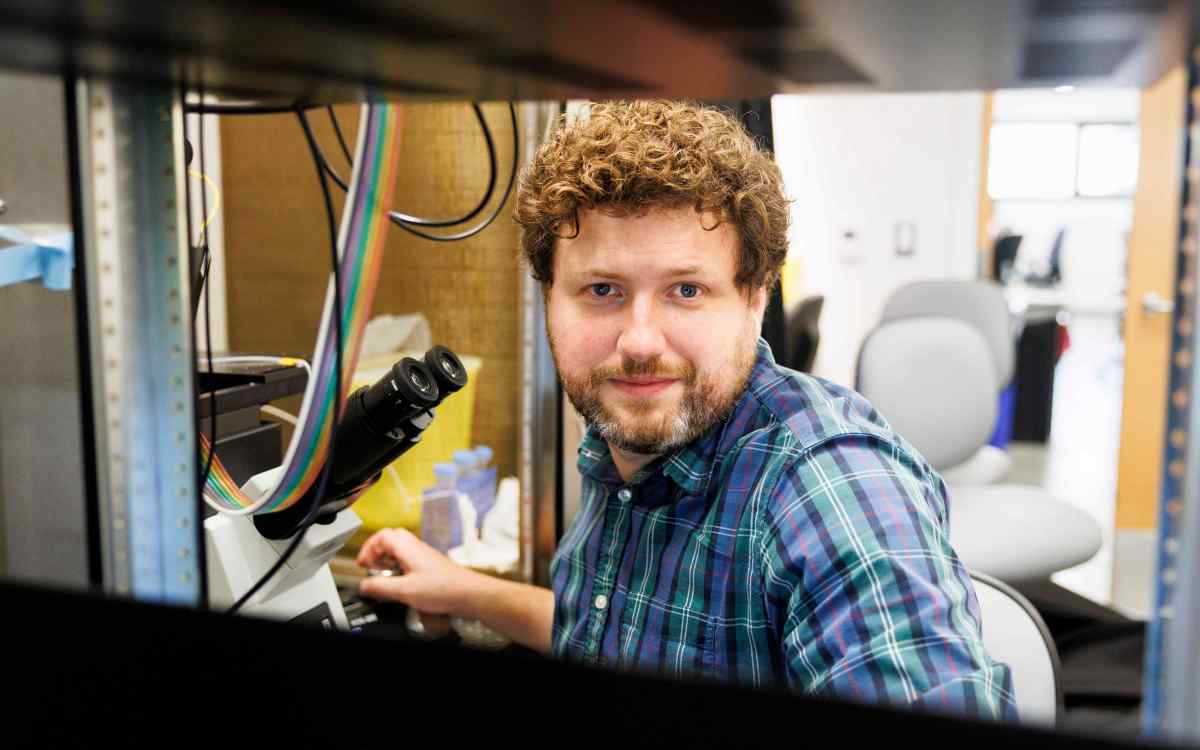Genetic sonograms may reduce need for amniocentesis
Professor says “there has to be a better way”
Radiologist Beryl Benacerraf is a Harvard Medical School clinical professor of obstetrics, gynecology and reproductive biology at Brigham and Women’s Hospital. Benacerraf, a handful of like-minded maternal-fetal ultrasound specialists, and a growing number of older pregnant women believe in clarifying the risk of a genetic abnormality in a fetus by adding a detailed ultrasound known as a genetic sonogram. In skilled hands, the method may pick up about 80 percent of Down syndrome fetuses while reducing the risk for most high-risk women. Benacerraf says “there has to be a better way” than the amniocentesis test routinely used for pregnant women 35 and older. “You’re not off the hook if you’re under age 35, but if you do amniocentesis based on age alone, you will lose one normal fetus for every Down syndrome you pick up,” said Benacerraf. For most women in a study, genetic sonograms reduced the risk. A normal scan yielded a likelihood ratio of 0.2, which translates clinically into an 80 percent reduction of the a priori risk.





